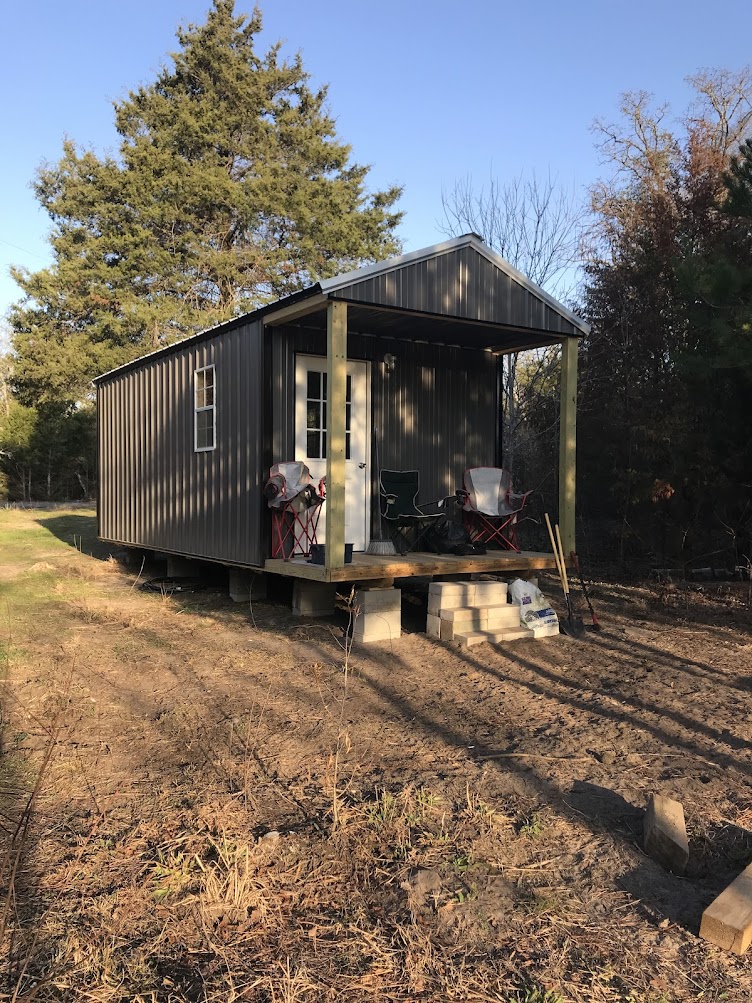Homesteading is a lifestyle that embraces self-sufficiency and sustainability. It involves growing and raising your own food, generating your own energy, and living a low-waste lifestyle. Sustainable homesteading takes this lifestyle to the next level, by prioritizing the use of renewable resources and minimizing environmental impact. In this article, we will explore some of the key principles of sustainable homesteading.
Renewable Energy
Sustainable homesteading involves generating energy from renewable resources. This can include solar panels, wind turbines, and hydroelectric power. These energy sources are clean and renewable, and can significantly reduce a homestead's carbon footprint. By generating their own energy, homesteaders can also reduce their reliance on traditional power grids, and minimize their exposure to power outages.
Organic Farming and Gardening
Organic farming and gardening are essential components of sustainable homesteading. By avoiding synthetic pesticides and fertilizers, homesteaders can protect the environment and promote healthy soil and plants. They can also reduce their reliance on fossil fuel-based inputs, such as commercial fertilizers and herbicides. Organic farming and gardening can also provide a source of healthy and nutritious food for the homesteader and their community.
Water Conservation and Management
Water is a precious resource, and sustainable homesteaders prioritize its conservation and management. This can involve rainwater harvesting, graywater systems, and water-efficient appliances and fixtures. By reducing water waste and reusing water where possible, homesteaders can reduce their overall water usage and minimize their impact on local water resources.
Waste Reduction and Management
Sustainable homesteading involves minimizing waste and managing it responsibly. This can involve composting, recycling, and repurposing materials. Homesteaders can also reduce waste by choosing reusable products and packaging, and by avoiding single-use items. By reducing waste and managing it responsibly, homesteaders can minimize their impact on the environment and promote a circular economy.
Conclusion
Sustainable homesteading is a lifestyle that prioritizes self-sufficiency, renewable resources, and environmental stewardship. By generating their own energy, practicing organic farming and gardening, conserving and managing water, and reducing and managing waste, homesteaders can minimize their impact on the environment and promote a more sustainable future. While sustainable homesteading I can require more effort and planning than traditional living, the rewards can be significant, both for the homesteader and for the planet.

No comments:
Post a Comment